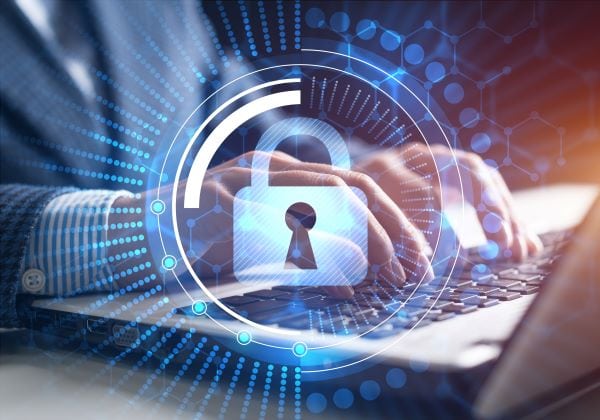Colonial Pipeline Ransomware Attack Makes Major Impact, Shows Threat
Published on by Isaac Hedges in Technology

Cyber-attacks have become more common in recent years with the ever-increasing use of technology and the growing skill of hackers and other cybercriminals. On one memorable day earlier this year, cybercrime came to the forefront of American attention: on May 6th, 2021, a group called Darkside hacked into the oil pipeline known as Colonial Pipeline and took the company’s data hostage in what’s known as a ransomware attack.
A Major Impact
This was a huge issue, as the Colonial Pipeline supplied around half of the east coast with oil – including airports and military bases. The massive 5,500-mile pipeline runs from Houston, Texas to Linden, New Jersey, carrying up to 3 million barrels of fuel per day.
This data breach into such a large organization demonstrated the terrifying potential of successful ransomware attacks – it caused extreme panic in many US residents, who began hoarding gas out of concern for fallout from the attack. Moreover, a private investigation found that the US could last approximately three days before shortages forced major changes to US transportation systems.
A Difficult Decision
Colonial Pipeline made the difficult decision to pay close to five million dollars in ransom to Darkside for the return of the company’s data – but even after they regained control of the files, they had to spend an extensive amount of time decrypting them.
The Threat to Infrastructure
The Colonial Pipeline ransomware attack sparked an increased focus on cybersecurity and the US infrastructure, as it showed how easy it could be for an organized group to cause major harm to the nation. Also raising concern is the fact that the majority of US infrastructure (e.g., electricity and water) is based on the operations of private companies – and there’s a limit to what the government can do to enforce increased cybersecurity measures in these organizations.
An Executive Order
One positive outcome from the Colonial Pipeline ransomware attack is an increased focus on cybersecurity. The president signed an executive order that sought to “mandate changes in cybersecurity” and there’s increased momentum the United States Cyber Command, a section of the Department of Defense that focuses on cyberspace and cybersecurity that has been able to put down many ransomware groups prior to the Colonial Pipeline attack.
What to Do
Have concerns about cybersecurity or think your organization may be at risk? Contact our team of cybersecurity professionals for a free consultation – we’re here to help.
